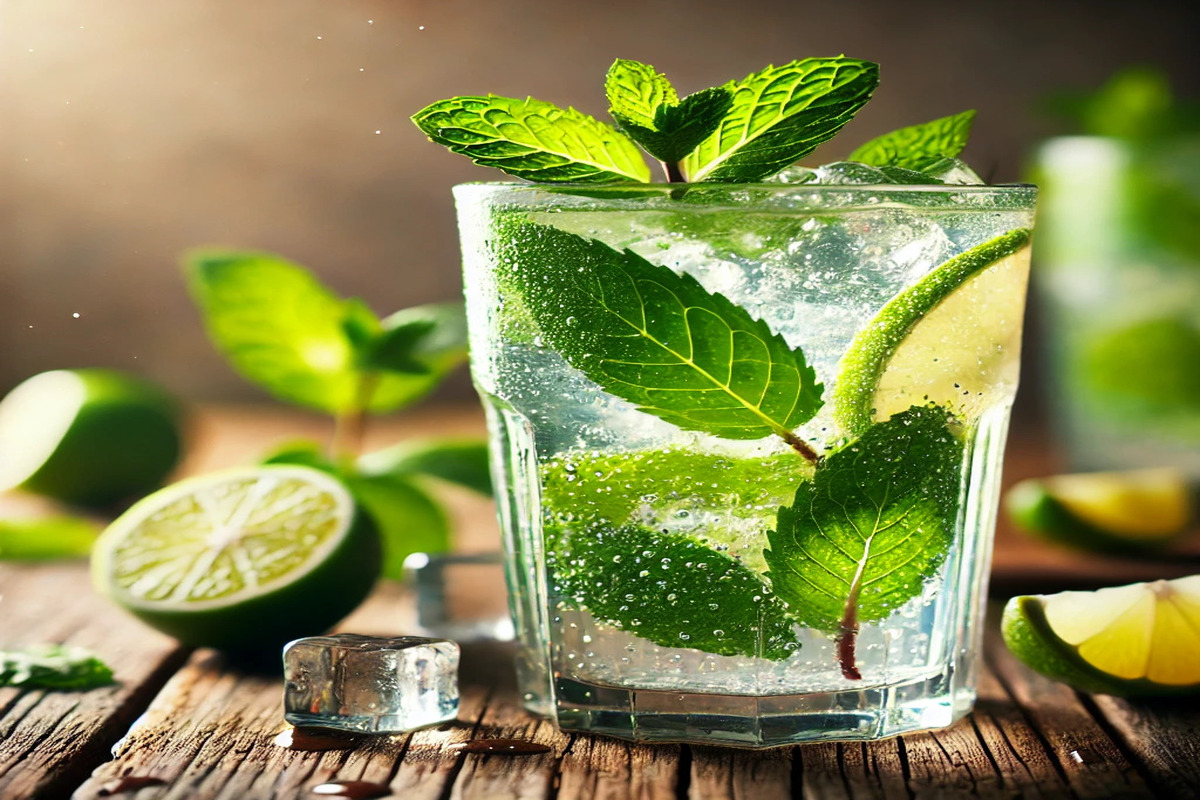As the demand for healthier lifestyle choices and mindful drinking grows, the art of crafting non-alcoholic spirits is taking center stage. Read More
The Rise of Non-Alcoholic Spirits
The popularity of non-alcoholic spirits has surged in recent years, driven by a variety of factors:
- Health and Wellness: Many people are choosing to reduce their alcohol intake for health reasons, opting for beverages that are lower in calories and free from alcohol’s effects.
- Sober Curiosity: The sober curious movement encourages people to explore a lifestyle without alcohol, leading to increased demand for alcohol-free options.
- Inclusivity: Non-alcoholic spirits cater to those who do not consume alcohol due to religious, cultural, or personal reasons, providing an inclusive option for social gatherings.
Crafting Non-Alcoholic Spirits
Creating non-alcoholic spirits requires skill and innovation to replicate the depth and complexity of traditional spirits. Here are some key elements involved in crafting these beverages:
1. Flavor Profiles
Non-alcoholic spirits are designed to mimic the taste and aroma of their alcoholic counterparts. This involves using a combination of botanicals, herbs, spices, and other natural ingredients to create complex flavor profiles.
Example: Seedlip, a pioneer in the non-alcoholic spirits market, uses botanicals such as peas, hay, rosemary, and thyme to craft its signature flavors, providing a sophisticated alternative to gin.
2. Distillation Techniques
Innovative distillation techniques are employed to extract flavors without the presence of alcohol. These methods ensure that non-alcoholic spirits retain the essence of traditional spirits while remaining alcohol-free.
Example: Lyre’s non-alcoholic spirits use a blend of natural essences, extracts, and distillates to capture the taste of classic spirits like whiskey and rum.
3. Texture and Mouthfeel
Achieving the right texture and mouthfeel is crucial in crafting non-alcoholic spirits. Ingredients like glycerin and natural thickeners are often used to replicate the smoothness and viscosity of alcoholic drinks.
Example: Ritual Zero Proof uses a combination of natural ingredients to create a whiskey alternative with a warm, rich mouthfeel, enhancing the drinking experience.
Reimagining Classic Cocktails
Non-alcoholic spirits offer endless possibilities for reinventing classic cocktails. Here are some popular cocktails and their alcohol-free counterparts:
1. Non-Alcoholic Negroni
Traditional Ingredients: Gin, Campari, sweet vermouth
Non-Alcoholic Version: Use a blend of non-alcoholic gin, bitter aperitif, and vermouth alternatives to recreate the iconic Negroni’s bitter and sweet notes.
2. Virgin Mojito
Traditional Ingredients: Rum, mint, lime, sugar, soda water
Non-Alcoholic Version: Replace rum with a non-alcoholic rum alternative, and mix with fresh mint, lime, sugar, and soda water for a refreshing drink.
3. Alcohol-Free Margarita
Traditional Ingredients: Tequila, lime juice, triple sec
Non-Alcoholic Version: Use a non-alcoholic tequila alternative, lime juice, and a splash of orange essence to capture the zesty flavors of a classic margarita.
The Social and Cultural Impact
The rise of non-alcoholic spirits has had a significant impact on social and cultural dynamics:
- Inclusivity and Acceptance: Alcohol-free options ensure that everyone can participate in social events without feeling excluded.
- Mindful Drinking: Consumers are becoming more mindful of their drinking habits, leading to a broader acceptance of non-alcoholic beverages as a legitimate choice.
- Innovation and Creativity: Bartenders and mixologists are embracing the challenge of creating unique non-alcoholic cocktails, resulting in a wave of innovation in the beverage industry.
Conclusion
The art of crafting non-alcoholic spirits is reshaping the cocktail landscape, offering a fresh take on classic drinks that cater to a diverse range of preferences and lifestyles. As the movement continues to gain momentum, it promises to inspire creativity and inclusivity in the world of cocktails, allowing everyone to enjoy the pleasures of a well-crafted drink without the effects of alcohol. Whether you’re a seasoned mixologist or a curious consumer, non-alcoholic spirits provide an exciting opportunity to explore new flavors and experiences. Cheers to a future of mindful and flavorful drinking!

